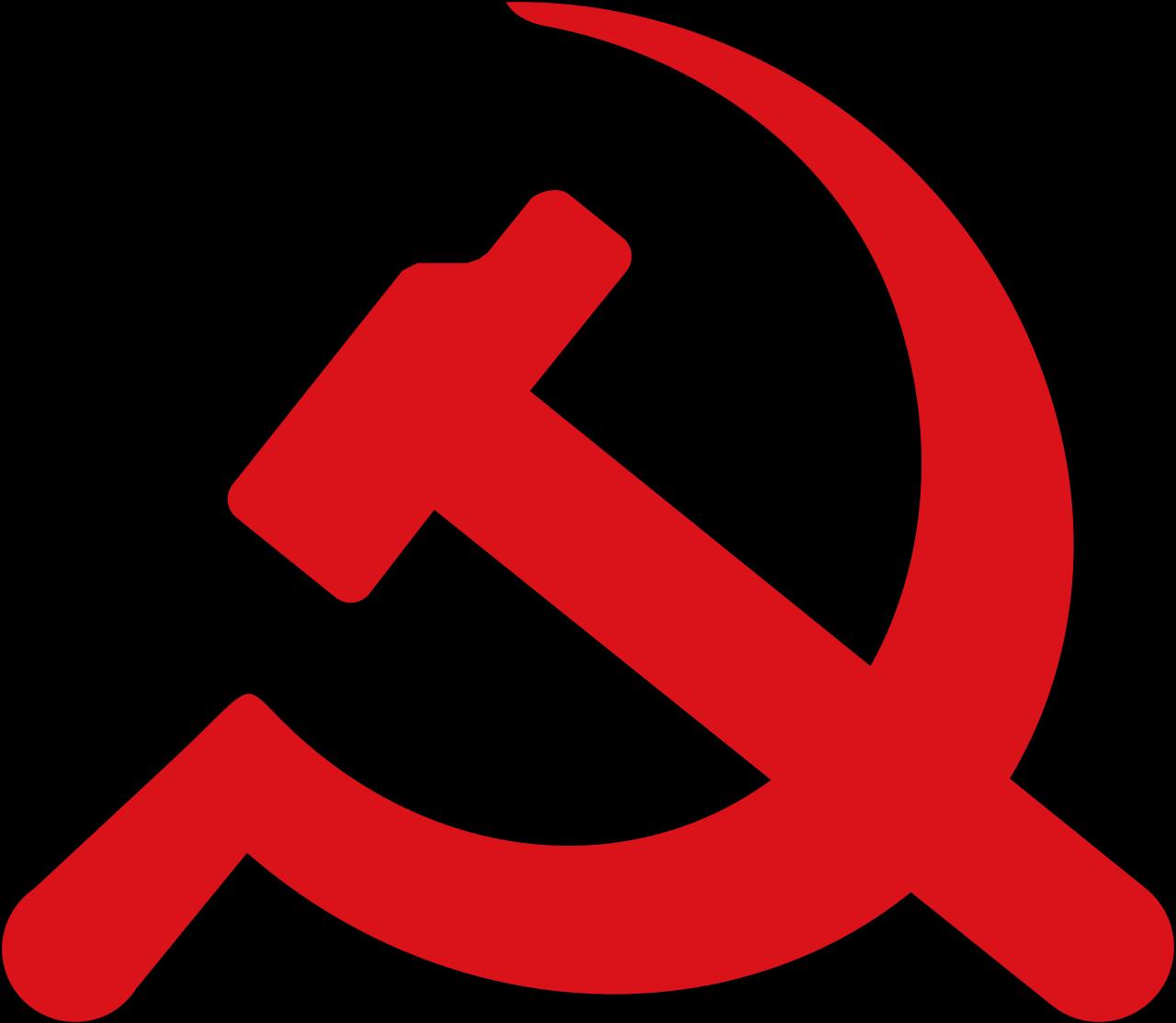The Burmese Way to Socialism was the government policy of Burma aimed at turning the country into a socialist utopia by formulating a policy specifically suited to the situation in the country.
This made it one of the very few “socialist” countries to remain independent of both the USSR and China, while still retaining an officially revolutionary path. Other examples of this include Yugoslavia, Seychelles and to a lesser degree those that followed Arab Socialism.
It was also one of the few movements that prioritized autarky, as well as taking a nationalist specific road to communism/socialism, with the Juche idea of the Democratic Peoples Republic of Korea perhaps being the most comparable.
So, what exactly was the Burmese Road to Socialism how did it affect the country and what are its ongoing affects today.
Table of Contents
Burmese Road to Socialism
Also known as the Burmese Road to Socialism it was introduced in 1962 following the military coup by Ne Win and his allies in the Burmese Military. They did this in conjunction with forming a Vanguard Party – namely the Burmese Socialist Program Party.
The Burmese Way To Socialism lasted between 1962 one 1988, following the 8888 uprising, which to an extent has shaped what Burma is today.
Officially the ideological stand of the country was anti-communist, with the government fighting an insurgency with Chinese backed Communist Party of Burma. This group later split with the formation of the United Wa State Party a group heavily involved with China who act as a state within a state.
Ideologically the rulers talked a lot about socialism, but in fact seemed more interested in not just Burmese, but in particular Bamar nationalism. During this period there was a clear distinction between those who had and those who had not, with little done towards wealth distribution.
Ideology of the Burmese Socialist Program Party as of 1963
- In setting forth their programmes as well as in their execution the Revolutionary Council will study and appraise the concrete realities and also the natural conditions peculiar to Burma objectively. On the basis of the actual findings derived from such study and appraisal it will develop its own ways and means to progress.
- In its activities the Revolutionary Council will strive for self-improvement by way of self-criticism. Having learnt from contemporary history the evils of deviation towards right or left the Council will with vigilance avoid any such deviation.
- In whatever situations and difficulties the Revolutionary Council may find itself it will strive for advancement in accordance with the times, conditions, environment and the ever-changing circumstances, keeping at heart the basic interests of the nation.
- The Revolutionary Council will diligently seek all ways and means whereby it can formulate and carry out such programmes as are of real and practical value for the well-being of the nation. In doing so it will critically observe, study and avail itself of the opportunities provided by progressive ideas, theories and experiences at home, or abroad without discrimination between one country of origin and another.
Diplomatic relations of Burma
Favoring autarky, which can loosely be described as “self reliance” some ties were kept with states who followed a similar model, such as Albania foe example.
Interestingly they also held an embassy in Democratic Kampuchea, one of less than 10 countries to do so, this though was not reciprocated. Quite how close the regimes of socialist Burma and Democratic Kampuchea were is not known.
Burma were also supportive o the Comment Party of Thailand in their insurgency against the government, although not so involved as to draw the ire of their neighbours.
Cordial ties were also kept with the Eastern Bloc and the Soviet Union, who sought to curry favour, with the country, particularly as they were at war with the USSR’s ideological enemy the Peoples Republic of China.
The end of the Burmese Way To Socialism
This would end in 1988 when Ne Win was deposed by a military coup that promised elections. These were though won by the Socialist League fro Democracy and duly annulled.
The country though remained deeply social and with little economic freedom until 2010, when politics and the economy were liberalized. Before this a cell phone would cost quite literally thousands to acquire.
What followed was a relative golden era, but one which much like Thailand would result in a further coup and military rule.
Yet with all of that being said the country is now safe to visit, has a bustling nightlife and is well worth visiting. There are semi-direct flights from Cambodia, with it also being possible to go over land, or fly from Bangkok. Things though are much different than before, with the current insurgency putting off most regular tourists..




